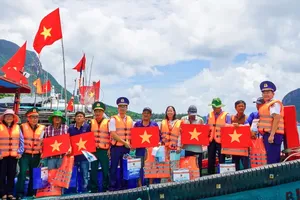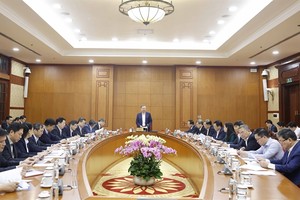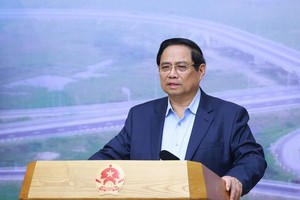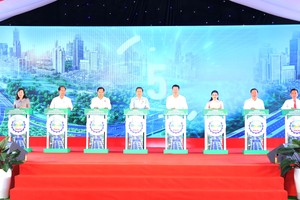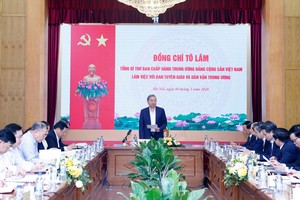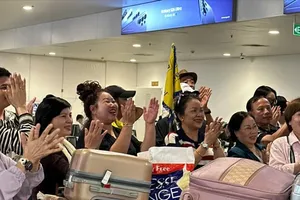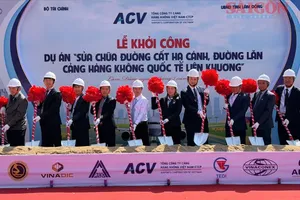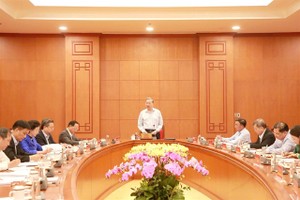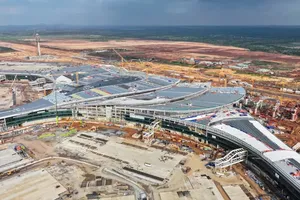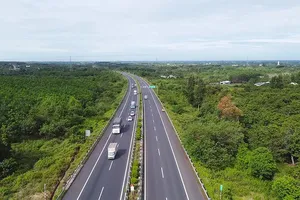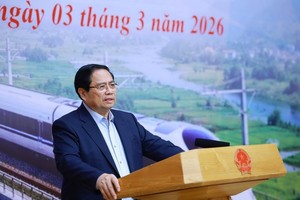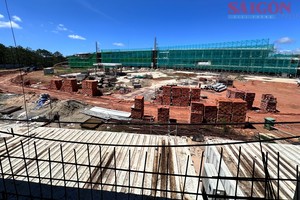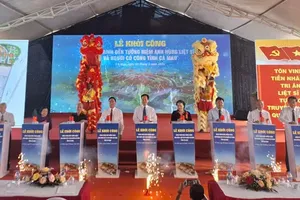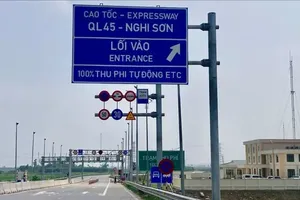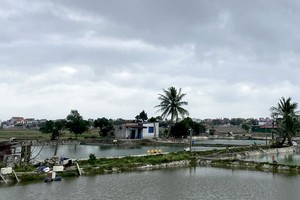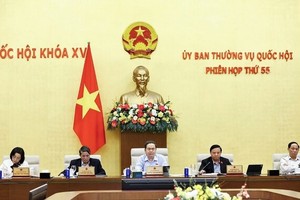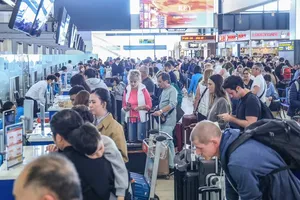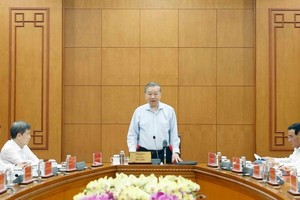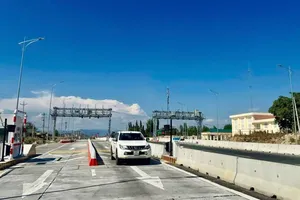The news was heard at today's conference in Can Tho City convened by the Ministry of Agriculture and Environment. The conference aimed to review the first year of implementation of the Project for 'Sustainable Development of 1 Million Hectares of High-Quality, Low-Emission Specialized Rice Associated with Green Growth in the Mekong Delta by 2030.
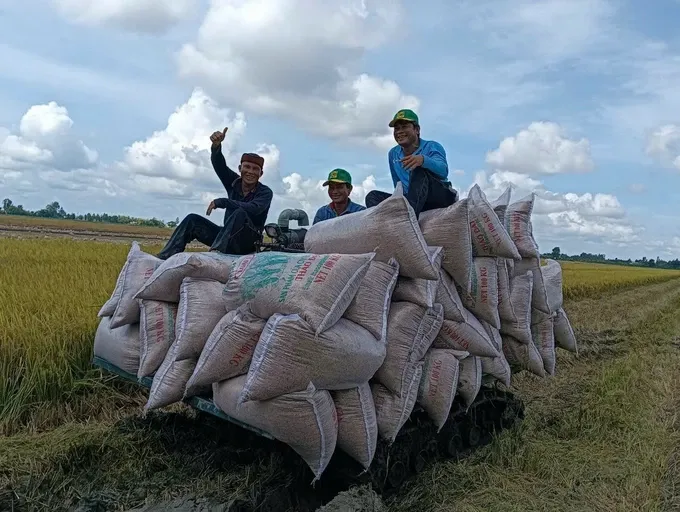
According to the Ministry of Agriculture and Environment, 12 provinces and cities in the Mekong Delta—excluding Ben Tre Province—are currently participating or have registered to participate in rice cultivation under the Project, covering a total area of over 1 million hectares. After more than a year of implementation, the Project has yielded promising initial results.
Notably, the production models adopted have led to reductions in rice seed usage, fertilizers, pesticides, and irrigation water. These efficiencies have helped farmers increase their income by 12–50 percent, translating to a profit gain of VND4 million to VND7.6 million per hectare compared to traditional farming methods.
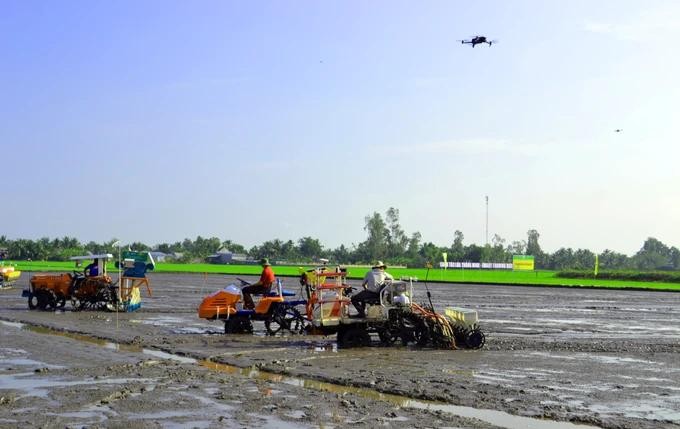
In addition, the Project has gradually influenced farmers to adopt rice production practices that prioritize value creation, emissions reduction, and environmental protection. Enterprises, cooperatives, and farmers have increasingly focused on strengthening production linkages, enhancing product quality, and transitioning to sustainable farming methods. These include advanced irrigation management, judicious fertilizer application, and straw treatment. Significantly, the Project has also contributed to lowering greenhouse gas emissions, achieving an average reduction of 2 to 12 tons of CO₂ equivalent per hectare per crop.
Attendees at the conference broadly agreed that to enhance the Project's effectiveness going forward, greater consensus and coordination is needed among the key stakeholders in the production chain - local authorities, farmers, cooperatives, and enterprises.
Speaking at the conference, Minister of Agriculture and Environment Do Duc Duy emphasized that rice is an important commodity in agriculture, a pillar to ensure national food security, and stabilize the livelihoods of millions of farmers.
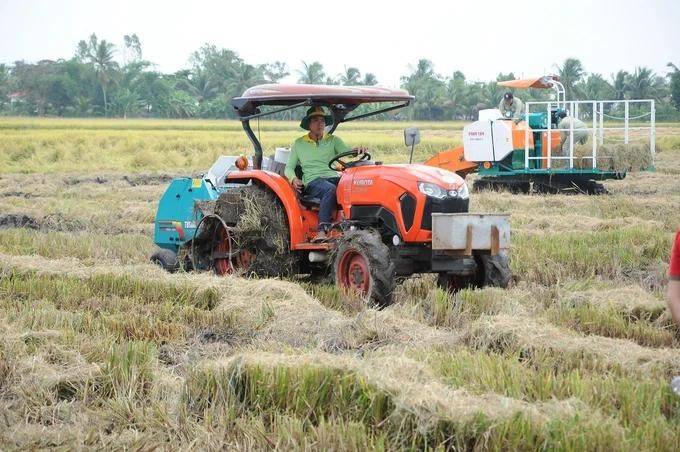
At the same time, rice remains a cornerstone of Vietnam’s agricultural exports and plays a vital role in supporting global food security. In the face of increasingly severe climate change, the shift toward clean, green, and sustainable production has become an inevitable trend. The implementation of the Project marks a critical step in this transition, driving the development of a modern and sustainable agricultural sector.
The minister urged to expand the area participating in the Project while forming sustainable linkage chains from production to harvesting, processing, consumption and export. He called upon international organizations to sustain their support for localities, businesses, and farmers in the implementation of the Project.
Moreover, the Ministry will recommend to the Prime Minister the finalization of the policy framework and the expedited approval of investment projects and programs aimed at developing regional and inter-regional infrastructure systems in support of the Project's objectives.
